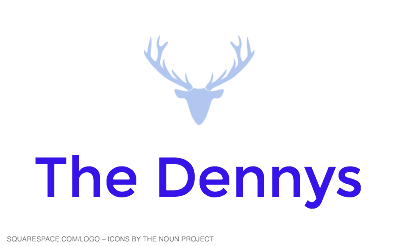We awoke to misty skies and low cloud which persisted for much of the day although the air temperature was quite pleasant.
Our first port of call was Petersburg, where we arrived at 10 a.m. After the ferry tied up we had an hour and a half shore time where we walked 1 km back into the town centre.
During our last visit here one week ago, we didn’t find the true centre of town as it was pouring with rain and we didn’t venture past a café in a little side street.
This town is so heavily involved in commercial fishing and practically everywhere you look there are signs of this industry with shops specialising in fishing equipment, boats, engines, marine radios, all-weather clothing and tourist trips for catching fish or whale spotting. King salmon are a popular choice for the fishers with catches apparently often exceeding 20 kg. Large V8 utes dominate the roads and are usually towing boats or loaded with crab-pots or seine nets.
The local houses are all made from timber boards and show signs of the very wet climate as many have moss growing on the roof as well as having mould and dampness on the lower weatherboards. Most houses don’t look to be too well insulated either.
Back on the ferry we left harbour at mid-day and headed south down the Wrangell Narrows between Mitkof Island and Kupreanof Island. The channel was so narrow that at times there was only 20 m between us and the shore on both sides. The ferry MV “Matanuska” draws 7 m and on some occasions the channel markers were practically touching the sides of the ship!
After about 30 km of this tight navigation, we then entered Summer Strait and headed east towards the town of Wrangell where we stopped for 50 minutes without going ashore.
The complex waterway we followed after leaving Wrangell weaved between Woronkofski Island and Etolin Island and then past Zerembo Island into the Clarence Strait. On approaching Gravina Island we entered the Tongass Narrows and this brought us down to the city of Ketchikan situated on the south-western end of Revillagigedo Island.
Although Ketchikan has its origins in fishing and paper pulp production, it is now a major tourist port, particularly for large cruise liners as it’s the first Alaskan city that visitors see on their way north from Canada.
Overnight we’ll leave Ketchikan and enter the open waters of Dixon Entrance before heading into Chatham Sound and leaving the USA.
Tomorrow is Max’s birthday and we’ll start early by disembarking the ferry at 0700 at Prince Rupert with us then being back in Canada.









